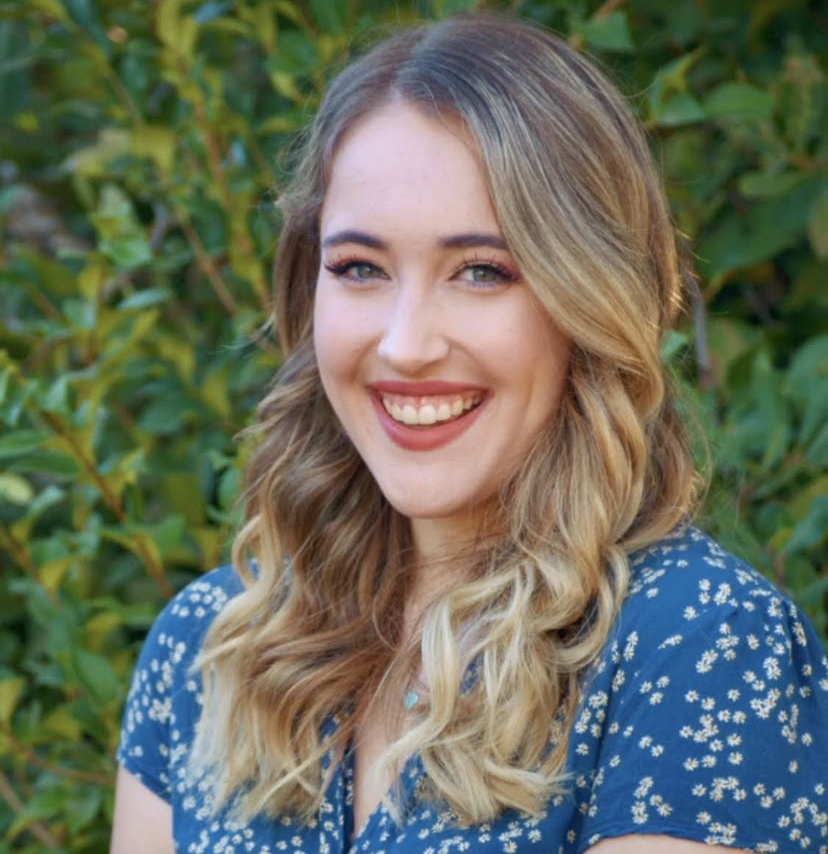A year and a half after my Anorexia diagnosis, and after many rounds of various levels of treatment, I finally got to go back to high school. I was at school from 8am to 2:30pm, then my mom would pick me up and drive me to IOP (Intensive Outpatient)- 36 miles away- from 3:30-8pm. A few weeks into this hectic schedule, I met a boy who was in my sophomore class. At first I thought he was compassionate and dreamy, but he was quite the opposite; he was manipulative, narcissistic, and abusive. He sexually assaulted me numerous times over the course of three months, all while in the middle of IOP treatment.
At first I didn’t even realize I was being assaulted, but I noticed that I was struggling to follow my meal plan. I didn’t know why I felt so much more overwhelmed at the thought of food than I did a few weeks before. I was only 16 and had spent all of high school in treatment so far- I didn’t have any other perspective as to what a healthy teenage “relationship” was supposed to look like. I graduated IOP a month later, right before he broke up with me. I never found out why, but I figured it was because I was starting to stand up for myself when he would coerce and assault me.
The next year was brutal. I eventually admitted to myself that I had been sexually and emotionally abused. I felt completely disconnected from my body: it didn’t feel like mine anymore. Before being assaulted, my eating disorder was heavily focused on body image. Although I still struggled with this component, I started to struggle with feelings of shame and resentment towards my body.
At first I cut corners on my meal plan, as a way of coping with the overwhelming agony of PTSD. My ED behaviors temporarily served as a way to maintain control in my life, while simultaneously detaching myself from disturbing emotions. I did not, however, completely relapse. It was not easy, but I eventually managed to follow my meal plan despite my recent trauma and diagnosis of PTSD with the help of a PHP (Partial Hospitalization Program) that specialized in individualized trauma treatment.
In this program, I met with a trauma-informed eating disorder therapist, as well as other professionals specializing in trauma to help me process what happened to me. I was introduced to Brainspotting, Neurofeedback, and Somatic therapies. These therapy modalities guided me in regulating my emotional, neurological, and physical PTSD symptoms, while also helping me release suppressed feelings and memories. Processing what happened to me with therapists who validated my experience and constantly reminded me that my trauma was not my body’s fault resulted in a huge decrease of overall anxiety towards food and my body. I was no longer using ED behaviors to numb the overwhelming emotions I was constantly experiencing.
It’s been four years since the last assault. I still get flashbacks and nightmares every so often, but I have learned to cope with my PTSD in ways that do not hurt my body. I have reclaimed myself, and know that my body is mine.
Katin Sarner, (she/her), is a 20-year-old from Los Angeles with a passion for sharing her story through words. Her writing has most notably appeared in The New York Times, Scholastic: Choices, Pear Shaped Press, Harpur Palate, and The Hellebore. Katin is the Co-Founder and Co-President of her nonprofit initiative, The Fight Behind Our Forks (https://www.thefightbehindourforks.com/), educating middle and high schoolers on eating disorders, body image, and the harms of diet culture. She is also a classical singer, most recently having performed the national anthem for President Biden and Governor Hochul of New York. Katin is a junior at Sarah Lawrence College studying Creative Writing and Music. She plans to become an English teacher and hopes to eventually advocate for education reform at a national level, while continuing her work in eating disorder awareness through her nonprofit. She owes her recovery to her wonderful parents, Robin and Jason Sarner and the members of her treatment teams over the past six years. She would like to thank Emily Balliet, her sophomore year English teacher and friend, for her unwavering support during the events discussed in this blog post.






